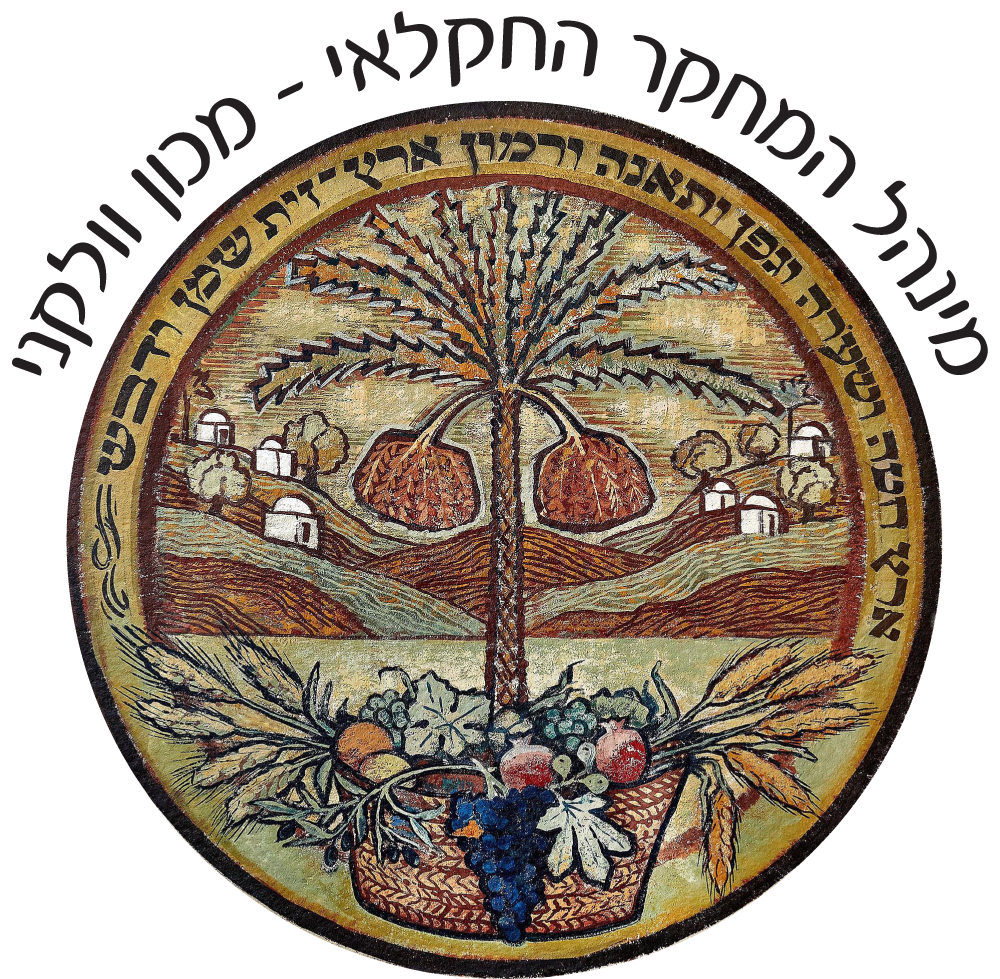Yuval Zinamon Ph.D.
Principal Investigator
- Institute of Animal Sciences
- Poultry and Aquaculture
- Institute of Animal Science , The Volcani Institute, P.O.Box 6, Bet Dagan, Israel
- +972-522400214
- +972-89484416
Biography
Embryologist by training, Dr. Cinnamon began his academic career while completing his MSc and PhD studies at the Hebrew University of Jerusalem, which were followed by two post-doctorate fellowships at the Hebrew University, and at the National Institute for Medical Research, in London, UK.
Back in Israel, Yuval joined the Hadassah Medical Center to run the genetic research lab, focusing on rare diseases in humans. Equipped with a toolbox which comprises bioinformatics, biochemistry, molecular biology, embryology, cell biology, microsurgery, imaging, genetics and genomics, all the way to the whole animal biology, he joined the Agricultural Research Organization – the Volcani Center as a PI.
Focusing on embryology using the chicken as a model organism, the research in his lab addresses questions on early embryogenesis and genetic transformation in chickens. All projects aim to improve food security, health, global sustainability and animal welfare issues, using cutting edge technologies.
Education
-
1997-2005
PhD, Medical School, Ein Karem, Hebrew University of Jerusalem, Israel
-
2005-2007
Post-Doctoral, Institute of life Sciences, Hebrew University, Givat Ram, Jerusalem, Israel
-
2008-2010
Post-doctoral, National Institute for Medical Research, Medical Research Council, London, UK
-
2010-2013
Senior Scientist, Dept. of Human Genetics, Hadassah Ein Karem Hospital, Jerusalem, Israel
Research Interests
One of the laboratory’s prominent achievements is the development of the Golda chicken breed. This genetically engineered breed produces only female chicks from the hens’ eggs. This feature addresses one of the most significant ethical and practical issues in the egg industry: the sorting and culling of male chicks. Globally, billions of chicks are sorted each year, with male chicks deemed economically unviable in the egg industry being culled immediately after hatching. This process raises numerous ethical concerns and negatively impacts animal welfare.The development of the Golda breed eliminates the need for male chick culling, as only female chicks hatch from the eggs. This solution is achieved through advanced genetic engineering, enabling control over the development process of the male embryo. As such, the Golda breed not only streamlines the production process in the egg industry but also significantly enhances animal welfare, providing an ethical solution that is currently difficult to achieve.
Our laboratory continues to develop and refine additional genetic models, aiming to address other challenges across agricultural sectors while upholding principles of animal welfare and high economic efficiency.
One of the laboratory’s prominent achievements is the development of the Golda chicken breed. This genetically engineered breed produces only female chicks from the hens’ eggs. This feature addresses one of the most significant ethical and practical issues in the egg industry: the sorting and culling of male chicks. Globally, billions of chicks are sorted each year, with male chicks deemed economically unviable in the egg industry being culled immediately after hatching. This process raises numerous ethical concerns and negatively impacts animal welfare.The development of the Golda breed eliminates the need for male chick culling, as only female chicks hatch from the eggs. This solution is achieved through advanced genetic engineering, enabling control over the development process of the male embryo. As such, the Golda breed not only streamlines the production process in the egg industry but also significantly enhances animal welfare, providing an ethical solution that is currently difficult to achieve.
Our laboratory continues to develop and refine additional genetic models, aiming to address other challenges across agricultural sectors while upholding principles of animal welfare and high economic efficiency.
Research Areas
- Embryonic Development and developing genetically transformed chickens to solve animal welfare and agricultural challenges

